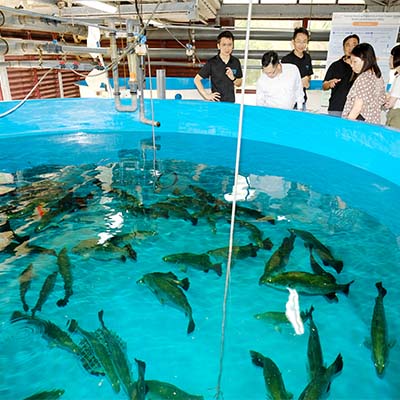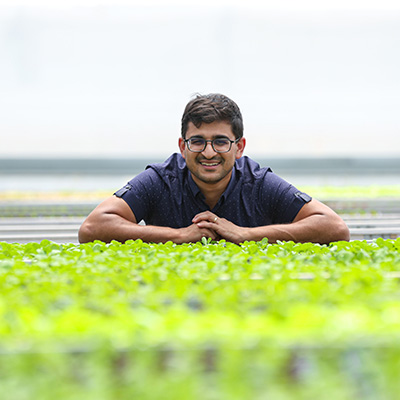Cell-cultured meat of the Japanese eel and other exotic fish may be added to restaurant menus by 2024, thanks to a collaboration between Nanyang Polytechnic (NYP) and Singapore food-tech start-up Umami Meats.
They have successfully grown in the laboratory the meat of fish species such as the freshwater eel, or unagi, the humpback grouper, the orange-spotted grouper and the red snapper.
Umami Meats chief executive Mihir Pershad told The Straits Times: “Our plan is to have the first of these products not in a FairPrice (supermarket), but on plates in restaurants by 2024.
“Our goal is that when we release it, it will be at price parity with normal unagi in restaurants. It isn’t cheap enough to be sold as street food yet, but our goal is for a consumer to go into a restaurant and not notice the price difference at that high end.”
Global fish populations have been dwindling rapidly, and eel populations are a tenth of what they used to be in the 1960s.








